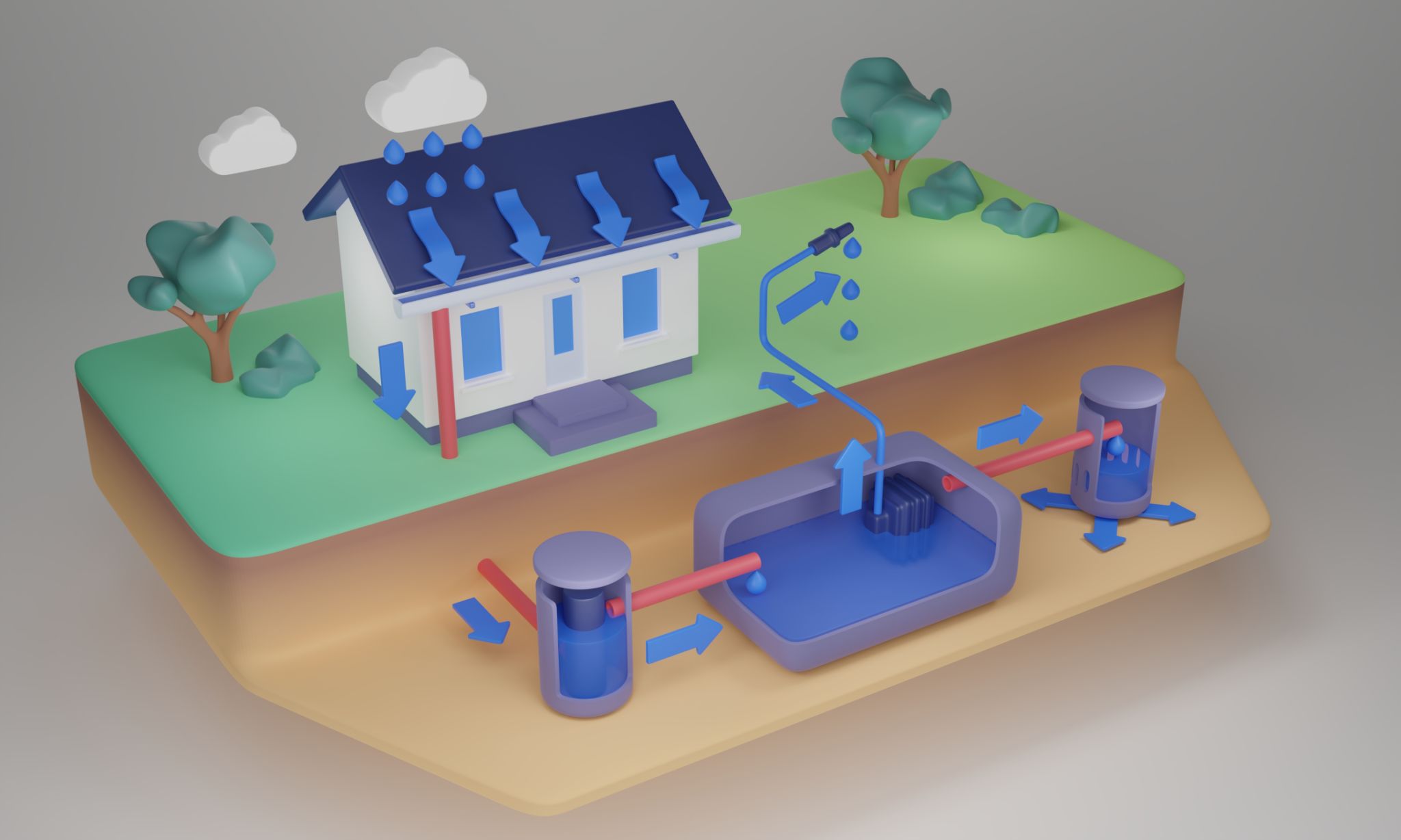Success Stories: Transforming Melbourne Backyards into Sustainable Havens
Embracing Sustainability in Urban Spaces
In recent years, Melbourne homeowners have been at the forefront of a growing movement to transform their backyards into sustainable havens. This trend is not just about aesthetics; it's about creating environmentally friendly spaces that contribute positively to the urban ecosystem. With climate change becoming an ever-pressing issue, these backyard transformations are more relevant than ever.
The concept of a sustainable backyard revolves around reducing waste, conserving resources, and enhancing biodiversity. Homeowners are shifting from traditional lawns to more eco-friendly options like native gardens, which require less water and maintenance while providing a habitat for local wildlife.

Native Gardens: A Step Towards Sustainability
One of the most popular trends in sustainable backyard transformations is the shift towards native gardens. These gardens are composed of plants indigenous to the region, which are naturally adapted to the local climate and soil conditions. This means they require significantly less water and fertilizer compared to non-native plants.
Moreover, native gardens play a crucial role in supporting local wildlife, including birds, bees, and butterflies. By providing food and shelter, these gardens help maintain and even increase biodiversity within urban areas. The presence of such wildlife not only enhances the beauty of the garden but also contributes to a balanced ecosystem.

Water Conservation Techniques
Water conservation is another critical aspect of creating a sustainable backyard. Melbourne homeowners are adopting various techniques to reduce water usage while maintaining lush and vibrant gardens. One popular method is the installation of rainwater harvesting systems, which collect and store rainwater for use in irrigation.
Additionally, the implementation of drip irrigation systems ensures that water is delivered directly to the plant roots, minimizing evaporation and waste. These systems are not only efficient but also cost-effective in the long run, providing significant savings on water bills.

Upcycling and Recycling in Garden Design
Sustainable backyard transformations often involve creative uses of upcycling and recycling. Homeowners are repurposing old materials to create unique garden features, reducing the need for new resources. For example, discarded wooden pallets can be transformed into vertical garden structures or stylish planters.
Recycled materials can also be used for pathways, fences, and garden furniture, adding character while minimizing environmental impact. This approach not only reduces waste but also encourages a culture of sustainability and creativity within the community.
Community Involvement and Education
The success of transforming Melbourne backyards into sustainable havens is not just due to individual efforts; it's also a result of strong community involvement. Local workshops and educational programs provide valuable knowledge on sustainable practices, empowering more homeowners to take action.
Community gardens and shared spaces foster collaboration and exchange of ideas, further promoting sustainable living. These initiatives create a sense of belonging and collective responsibility towards environmental conservation.

The Future of Sustainable Backyards
As more Melbourne residents embrace sustainable backyard transformations, the city is set to become a model for urban sustainability. These efforts not only improve individual properties but also contribute to a healthier, greener urban environment.
The movement towards sustainable backyards reflects a growing awareness and commitment to environmental stewardship. By sharing success stories and inspiring others to follow suit, Melbourne continues to lead the way in transforming urban spaces into thriving ecosystems.
